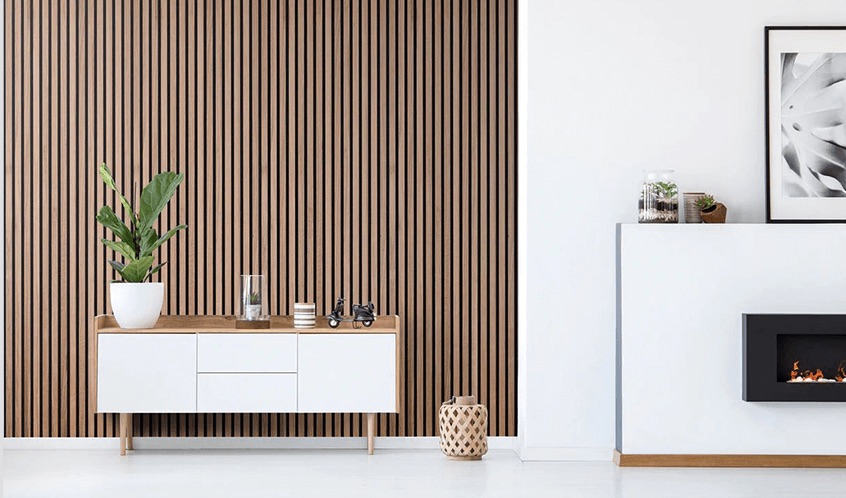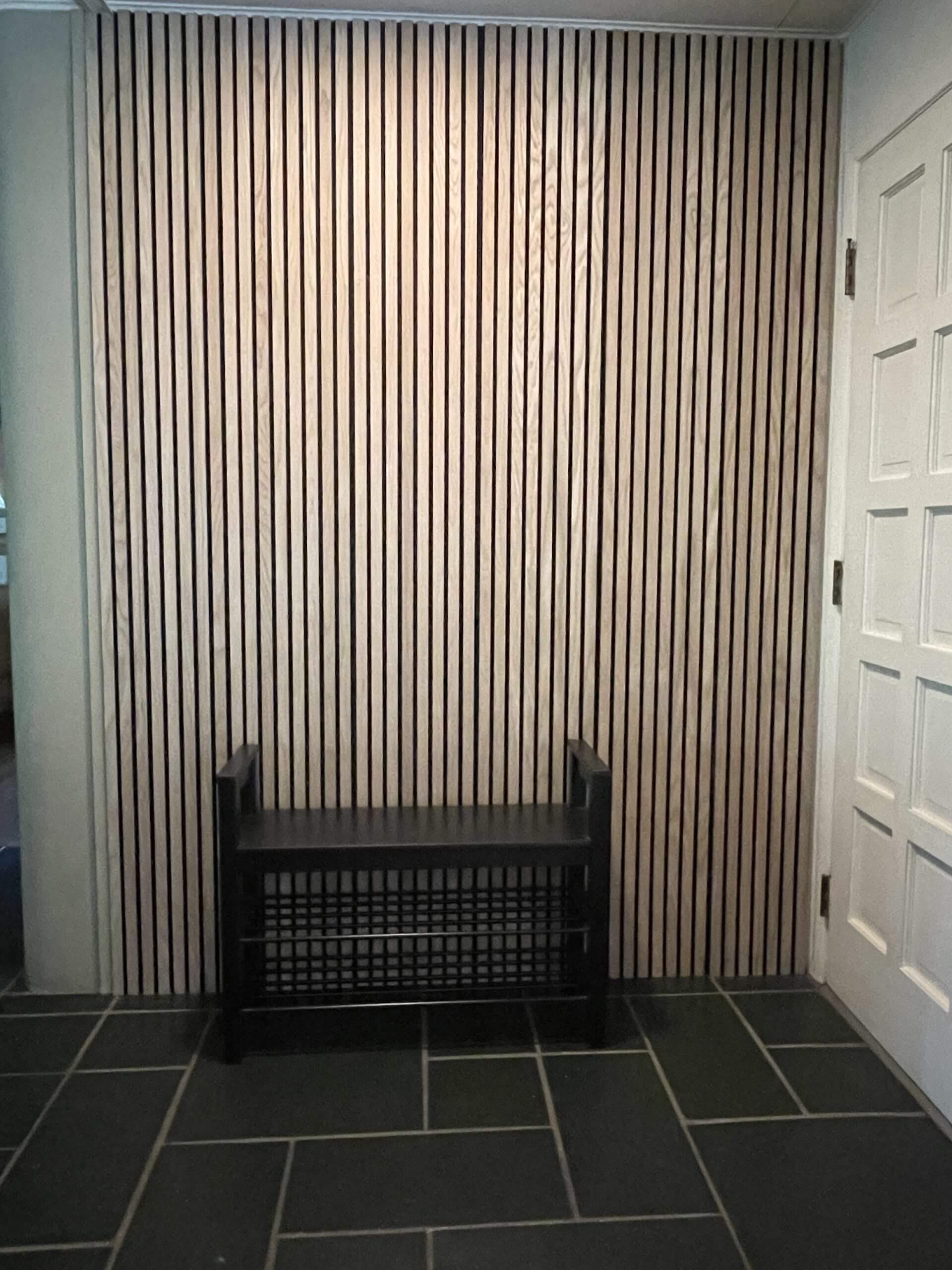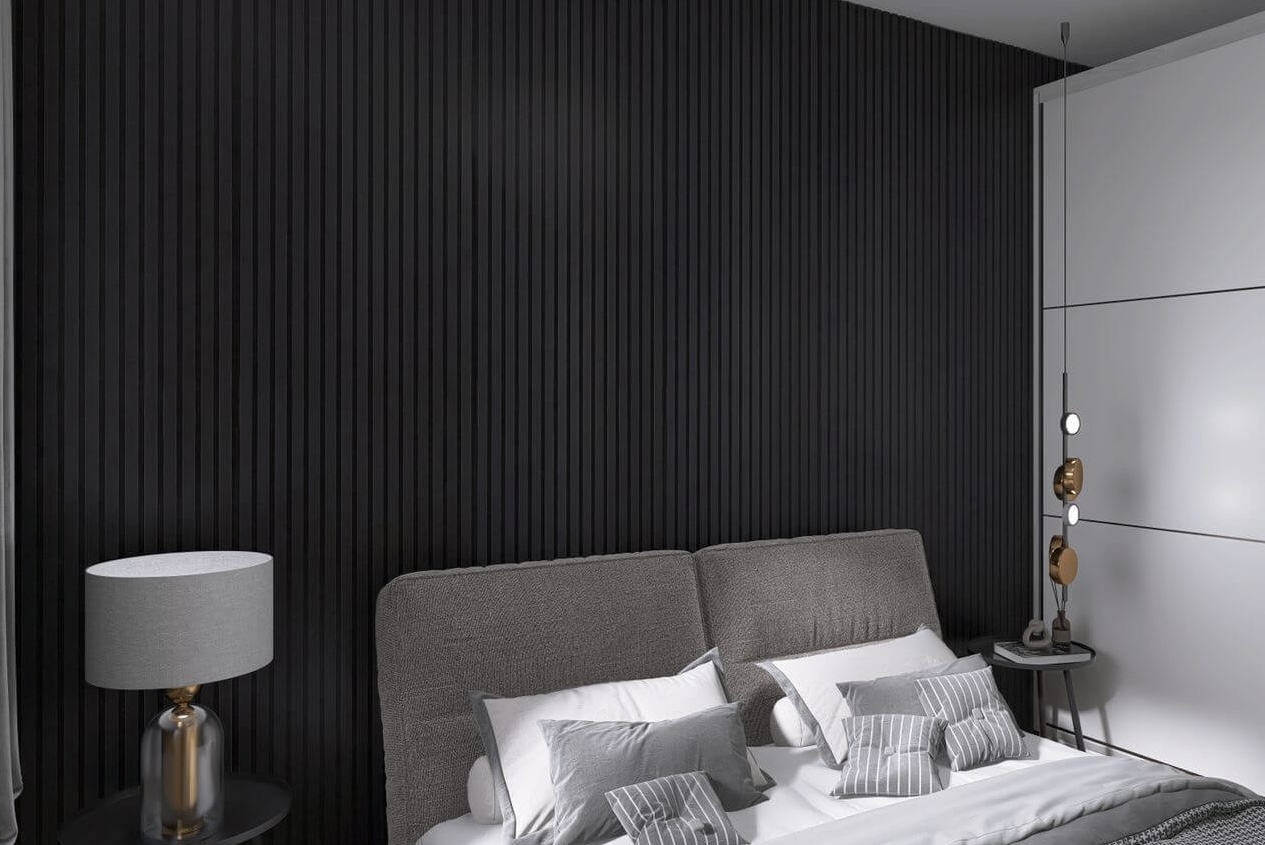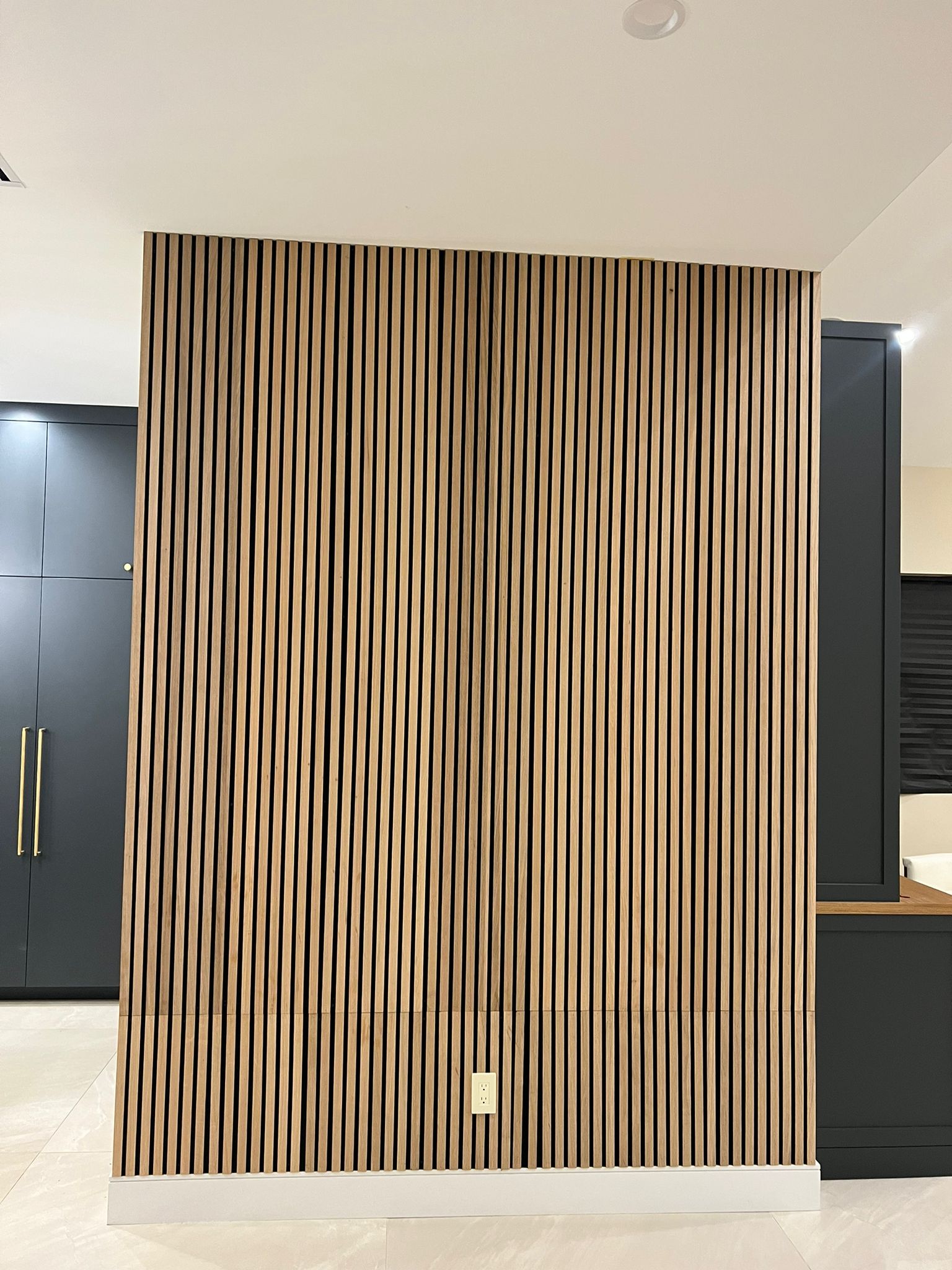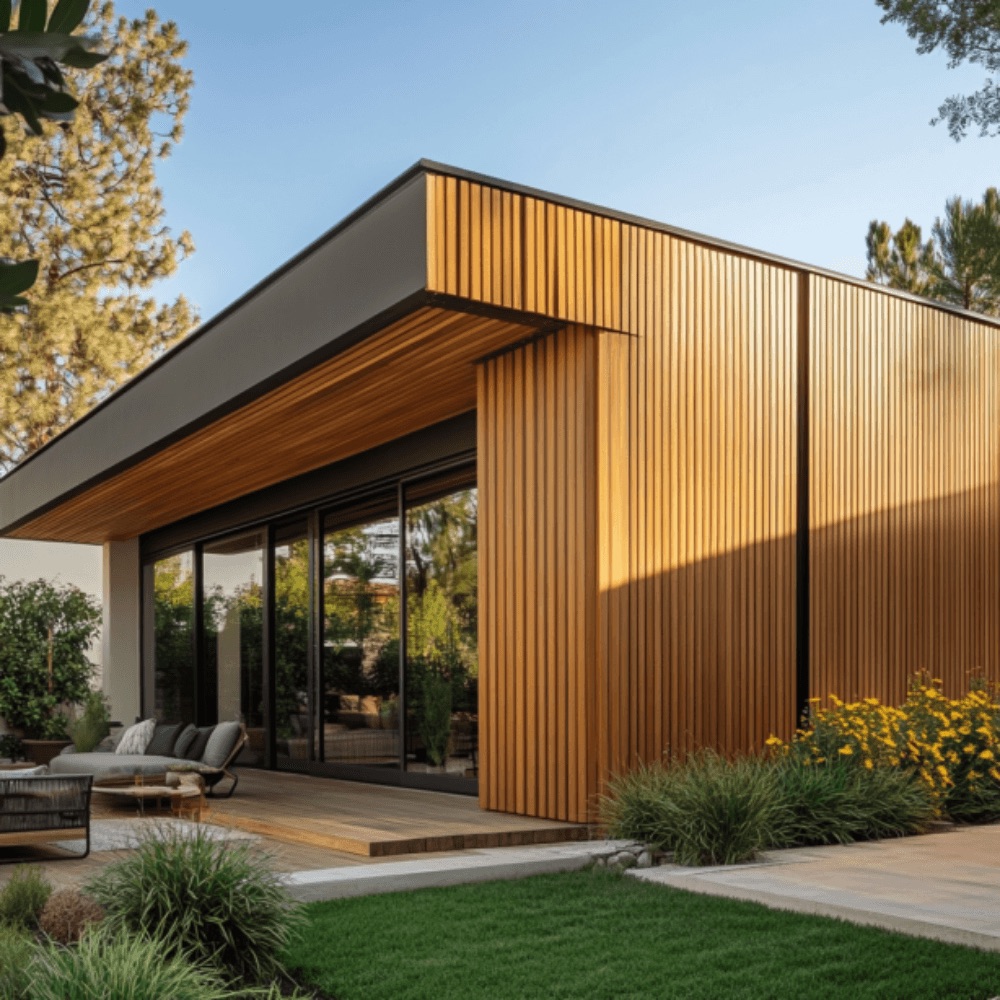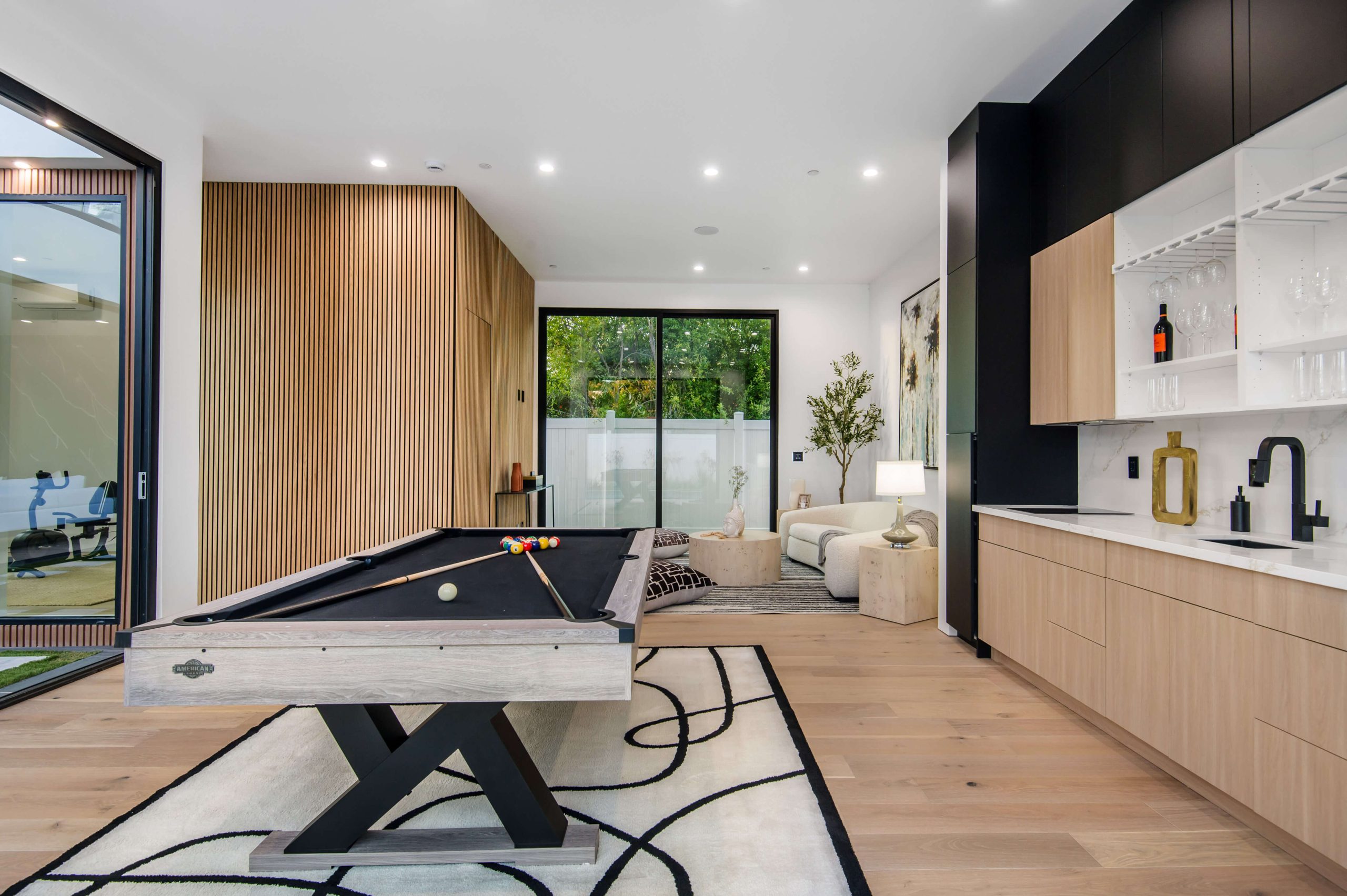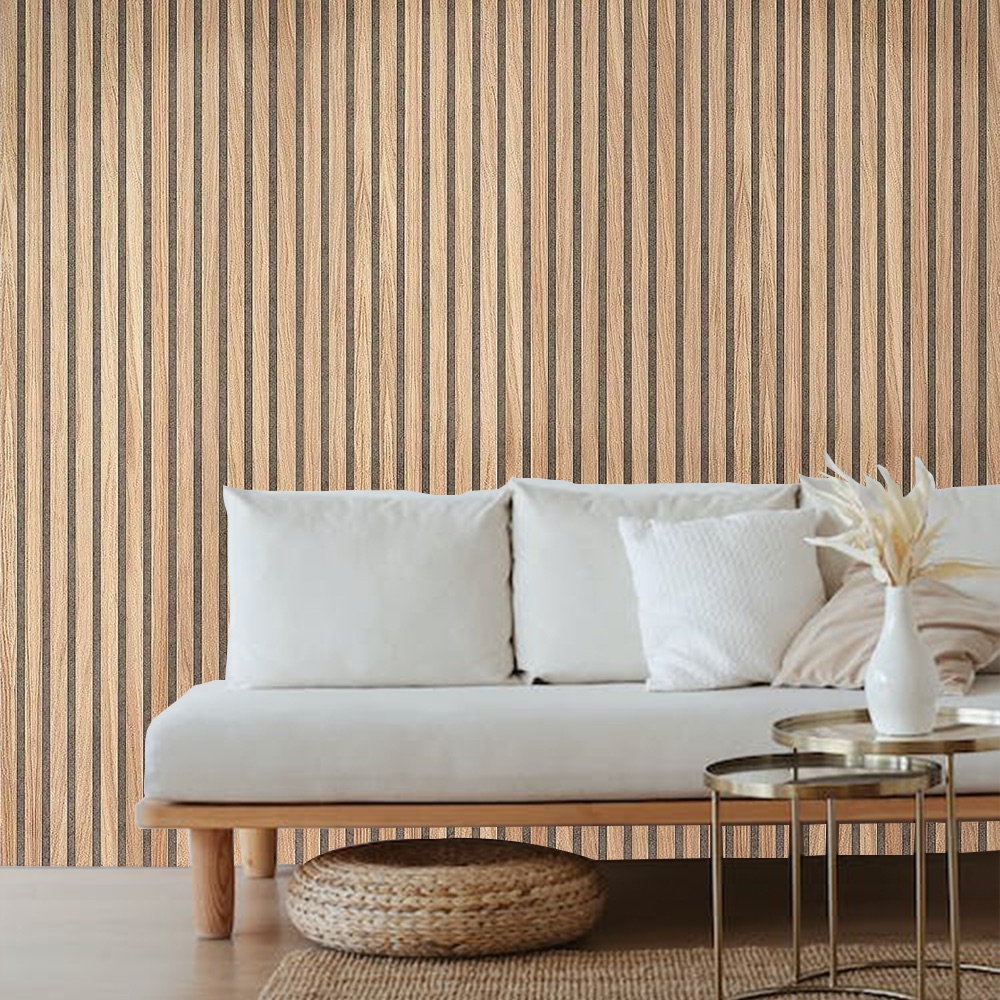Creating a peaceful home environment often starts with addressing soundproofing. Whether you’re looking to enhance privacy, reduce outside noise, or set up an ideal space for activities requiring minimal sound interference, choosing the most effective wall types for soundproofing is key. Below, we delve into different wall types, their soundproofing capabilities, and actionable tips to guide your decision-making process.
1. Understanding Soundproofing Principles
Soundproofing focuses on minimizing sound transmission from one room to another. The key principles include:
- Mass: The heavier the wall, the better it blocks sound.
- Damping: Reduces vibrations that carry sound.
- Decoupling: Separates wall layers to prevent sound from transferring directly.
- Absorption: Utilizes materials that absorb sound waves.
2. Solid Core Walls for Soundproofing
Solid core walls are among the most effective wall types for blocking sound. These walls often consist of layers of dense materials that create barriers to noise transmission.
Key Features of Solid Core Walls:
- Dense Structure: Typically made with materials like concrete or brick.
- Excellent Sound Isolation: Prevents both airborne and impact noise.
- Best Uses: Ideal for shared walls between homes or within high-traffic areas.
Comparison of Sound Reduction Index (SRI) between solid core and hollow core walls.
| Wall Type | Average SRI (dB) |
|---|---|
| Solid Core Wall | 50-60 |
| Hollow Core Wall | 25-35 |
3. Drywall with Soundproofing Layers
Standard drywall alone provides minimal soundproofing, but when combined with specialized materials, it becomes one of the most effective wall types for soundproofing in homes.
How to Enhance Drywall for Soundproofing:
- Double Layering: Install an additional layer of drywall for increased mass.
- Damping Compounds: Use products like Green Glue between layers to minimize vibrations.
- Insulation: Add fiberglass or mineral wool inside wall cavities.
Benefits:
- Cost-effective solution.
- Easily modifiable for existing walls.
- Improved noise reduction with minimal space loss.
4. Acoustic Wood Panels
Wood panels provide an aesthetic and functional solution for soundproofing. These panels are designed with acoustic properties that reduce echo and dampen sound effectively.
Why Choose Acoustic Wood Panels?
- Versatility: Can be used in living rooms, offices, or studios.
- Sound Absorption: Reduces noise reflections and enhances sound clarity.
- Natural Look: Adds warmth and style to interiors.
Illustration Idea:
- Bullet List of common types:
- Slat panels.
- Felt-backed wood panels.
- Perforated wooden panels.
5. Insulated Wall Systems
Walls integrated with soundproof insulation are another effective wall type for those looking to build a quieter space.
Key Components:
- Insulation Materials: Fiberglass, mineral wool, or soundproofing foam.
- Installation Tips: Ensure tight installation to prevent gaps that allow sound to leak.
Diagram Visualization:
- Simple Flow Diagram: Step-by-step process showing the insulation placement within wall structures.
6. Effective Combinations for Optimal Results
For those seeking the highest level of soundproofing, combining multiple strategies can yield the best results. A hybrid system might include:
- Layered Drywall + Insulation: Double drywall paired with fiberglass for maximum sound reduction.
- Wood Panels + Acoustic Sealant: Enhances aesthetics while addressing soundproofing needs.
Key Benefits:
- Maximized sound blockage.
- Versatility for different rooms and functions.
7. FAQs: Addressing Common Soundproofing Questions
-
What is the most affordable wall type for soundproofing?
Double-layered drywall with insulation is a cost-effective choice that offers significant noise reduction.
-
Are wood panels effective for all types of soundproofing?
Wood panels are best for reducing echo and noise within a room but may need to be combined with other methods for full soundproofing.
-
Can soundproofing be added to existing walls?
Yes, options like adding an extra layer of drywall or installing wood panels can enhance soundproofing in existing structures.
-
How do I choose between solid core walls and insulated drywall?
Solid core walls are more effective for heavy-duty soundproofing, whereas insulated drywall is ideal for most residential needs.
-
Does soundproofing impact the aesthetic of my home?
Modern solutions like wood panels allow you to maintain or even enhance the visual appeal of your home while adding soundproofing benefits.

